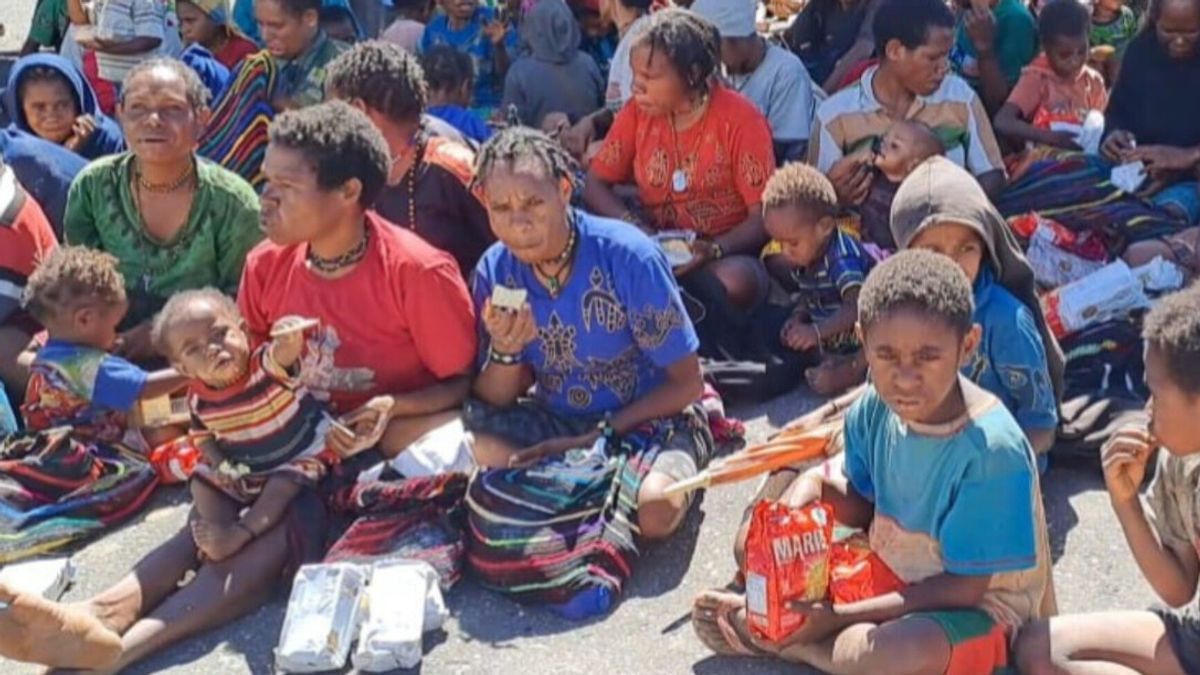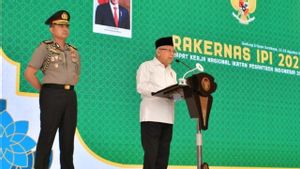Indonesia, a country with thousands of beautiful islands and countless cultural heritages, has experienced various journeys in its history. When the 78th anniversary of the Republic of Indonesia arrives, the spirit of independence is still burning in the hearts of every citizen. However, a fundamental question arises: Has this country truly freed itself from the threats of hunger and stunting that have undermined the welfare of its people?
Imprinted memory: The 1945 Proclamation of Independence became a milestone that resonates to this day. However, what exactly is the message behind the words of this proclamation for the life of the Indonesian people today? Aside from being a symbol of political independence, this proclamation contains an important call for independence and prosperity. Nevertheless, challenges are still shackled, especially in the fight against hunger and stunting.
True independence is not just a political right, but also the right of every citizen to live a decent and prosperous life. So that this dream of independence is not just wishful thinking, concrete steps must be taken to overcome the problems of hunger and stunting.
As a nation that stands on various cultural backgrounds and rich natural resources, Indonesia has great potential to achieve prosperity. This achievement can be seen at the end of 2021 where Indonesia ranks third in terms of prosperity in Southeast Asia.
However, reality sometimes hides the irony behind real economic growth figures. Data from the Central Statistics Agency (BPS) for 2021 recorded a poverty rate of 27.54 million people. Even though this figure fell to 25.90 million in March 2023, with the urban poverty rate reaching 7.29 percent—lower than 7.53 percent in September 2022—the reality is that many people still have to face hunger.
The Ministry of Women's Empowerment and Child Protection notes that every Indonesian child has the right to be free from hunger. However, current facts do not fully reflect this noble goal. Efforts to reduce hunger and stunting rates must be a top priority. President Joko Widodo emphasized that more than 345 million people around the world are at risk of starvation, including in Indonesia.
SEE ALSO:
Nevertheless, there is optimism through a reduction in the prevalence of stunting. According to a report from the Ministry of Health, the prevalence of stunting has fallen from 24.4 percent to 21.6 percent in 2022. To achieve the target of 14 percent in 2024, as expected by President Jokowi, efforts to strengthen the role of the family are needed, according to what was proclaimed on the Day of National Family 2023.
The commitment of the government and society to dealing with this problem should not be neglected. Statistics show that the poverty rate continues to decline along with stable economic growth. However, big challenges still lie ahead.
As the leader of ASEAN in 2023, Indonesia has an important responsibility in realizing prosperity in this region. At the age of 78, Indonesia is at an important momentum to drive positive change. Cross-sector collaboration, from the government, and business world to families, will lead Indonesia towards a shared dream: freedom from hunger and stunting, so that every citizen can enjoy the true meaning of independence. No Indonesian people should die of hunger.
For that, concrete action must be taken. The 78th anniversary of the Republic of Indonesia is not just a celebration, but a call to move together in realizing true independence for all its people.
The English, Chinese, Japanese, Arabic, and French versions are automatically generated by the AI. So there may still be inaccuracies in translating, please always see Indonesian as our main language. (system supported by DigitalSiber.id)






















